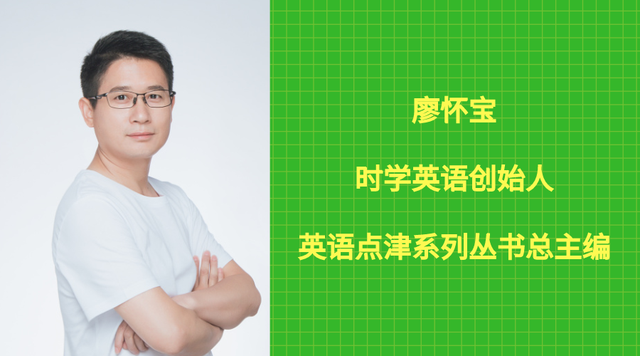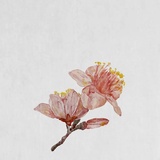【英语习语】
bite the dust

【习语注释】
该习语中字面意思表示“吃土”,主要用来喻指“fall to the ground, wounded or dead”,即“摔倒在地,受伤或死亡”,相当于汉语里的“一败涂地;大败;倒下死去;完蛋;败下阵来;断送”。

【习语运用】
And be not slow in turning your back on it, unless you want to bite the dust in bitter defeat.
不要在它面前慢慢地转身,除非你愿意一败涂地。
The cavalry commander predicted that many Sioux would bite the dust if they attacked the fort.
骑兵指挥官预言,如果苏族人进兵要塞,他们中有很多人会被打死。
So the negatively charged fluoride ions in the treated enamel may be literally repulsive to the bacteria, which causes them to bite the dust.
牙釉质里的氟离子也带负电荷,因此二者自然互相排斥,这让蛀牙细菌败下阵来。

【闲话习语】
该习语的最早使用记录出现在苏格兰作家Tobias Smollett的作品《Adventures of Gil Blas of Santillane》(1750)里:
"We made two of them bite the dust, and the others betake themselves to flight."
英国作家Samuel Butler在十九世纪时期翻译古希腊诗人荷马(Homer)的著作《伊利亚特》(Iliad)时,用到了该习语:
Grant that my sword may pierce the shirt of Hector about his heart, and that full many of his comrades may bite the dust as they fall dying round him.
不过,到底该习语是否因此可推断是源于公元前八世纪还尚待考证。
更多内容,请点击了解。
那么,你还知道英语里“一败涂地”的其它说法吗?欢迎留言探讨。

